
Prelude:
Ewha Womans University was founded on March 31, 1886, by Mary F. Scranton, an American Methodist missionary who established the first Korean school for women's education, Yeonggukwan.
Medical school is usually a 6-year program. Ewha Womans University is a comprehensive university and had about 8,000 students at the time.
The large campus was like a forest with quaint buildings made of stones. It would make you feel as though you were in a European country.
The gardens were beautiful and well cared for with seasonal flowers planted everywhere. I always felt so happy when I came to the campus.
I thanked God for allowing me to attend the university.
Nature during May is especially outstanding. Once a year, there was a beauty pageant to select the May Queen. Students would nominate a third-year student from each faculty that is diligent, popular, and good-looking. The May Queen is selected and announced after two days of rigorous evaluations.
The students would line up behind each faculty nominee at the sports ground. The event was celebrated with a parade. While those nominated wore a pale pink Chimachogori (national dress), the May Queen wore pure white. The newly elected May Queen would have her photo taken in a studio and displayed on the streets of the university for a year.
Medical school had only one class of 60 students in each grade. The first two years were liberal arts courses, including a few specialized medical subjects. We had about 15 minutes of morning home meeting with our classmates, and we only had physical education and medical English together. We had more classes with students from other faculties of the school.
Ewha Womans University has always been a prestigious university for young ladies (students of the English Literature Department were most sought after as bride candidates of high government officials). Also, the students were stylish and beautiful.
An American military doctor came once a week to teach us medical English. It was not fun at all because it was mainly vocabulary. Miss. Kim, a Korean resident in Japan, had difficulty memorizing the word esophagus. The esophagus is written esophagus or oesophagus. If you break it into prefixes and suffixes, you get eso+phagus. eso means out, and phagous means eating. I wanted to help her memorize the word in a fun way. I came up with a phrase that played on the sound eso with the word for belly button in Japanese, heso. She laughed and instantaneously memorized the word.
There were three English levels, A through C. Fortunate or unfortunate, I was placed in the most challenging A level. At first, I felt proud, but because I had difficulty keeping up with Korean, I was overwhelmed with stress. When I entered my second year, I couldn't keep up and my grades were dropping. I was moved to level B for English class. By then, I understood Korean better and the move finally made my studies more enjoyable.
On the other hand, most of the tests in literature class were in Chinese. Korea had also been using Chinese characters for a long time, which was not a problem for adults, but it coincided with a period when Korean language policy was switched to only Hangul. As a result, students hardly learned the Chinese characters. I wrote quickly and earned everyone's respect. I got an A.
Knowing Kanji made it easier to communicate through written language because it used Kanji characters + particles. This helped me speed up my learning, and my vocabulary increased. After six months, I was able to take the exam in Korean only, as promised.
As a freshman, we had free time once a week. While my classmates enjoyed various clubs like tennis, I spent the time learning Korean from a graduate student.
In Korea, a second language was mandatory for high school students, and the choice was German or French. In Japan, it was not an option. The other students already had a foundation. I chose German, but it was so difficult because I had to learn it in Korean. Of course, I was in class C, the lowest level.
I returned home for summer vacation and bought books in German and Japanese, but no matter how hard I tried, I could not get a passing grade; anything less than 60 was a failure.
Moreover, the professor would announce the score for midterm and final exams in front of everyone. Mid-term test: "Ohta! 56 points! On the next final test, you must score at least 64 points or you will fail."
If I got even one red mark, I would fail the whole year, so I could picture the face of the professor who had told me during the interview that I would have to stay in school for one year.
Finally, the announcement of the end-of-semester results came. I was told, "Ohta! 58 points! Fail!" There were three or four such students among the Korean students. "Oh, I've failed!"
After a while, the professor suddenly said, "Let's give the losers a resurrection game for those who got a failing grade! If you sing well, you'll pass!
I was the first to shout and wave my hand.
Professor: “Miss Ohta, Are you going to sing? What kind of song?"
Megumi: "I'm going to sing a song about unification. =통일의 노래를 부릅니다.
The Korean peninsula is divided into the north and the south, but this song is the wish for the unification of the two Koreas and how we must risk our lives for the sake of unification so that one day our peoples will become one. I sang it with all my heart and emotion.
Then, the professor's eyes filled up and he said, “Miss Ohta! You are Japanese and you sing a song that is the wish of our people! You Pass!"
Everyone in the class applauded in unison.
Not only did I avoid receiving an F (Fail) for my German, I received a C, which was better than the D I had received on my report card! I was able to move on to the third year thanks to all the support I received.
(To be continued)
Postlude:
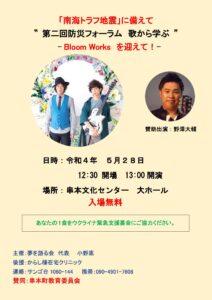

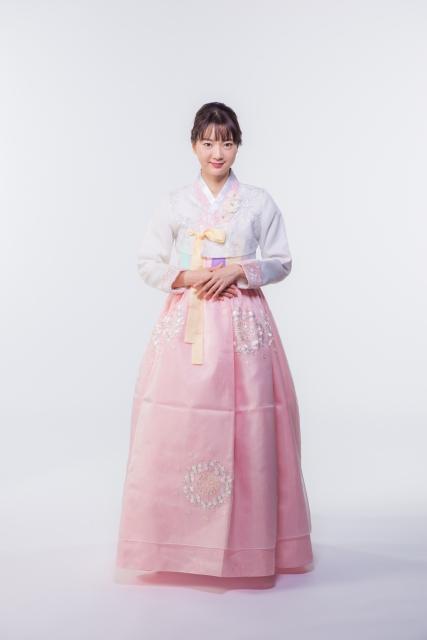





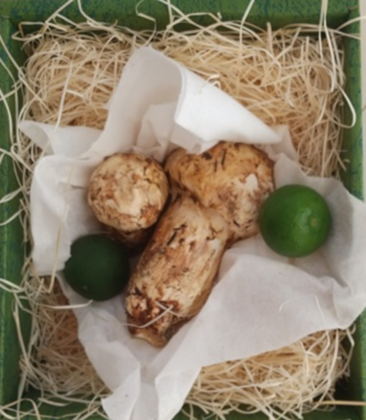
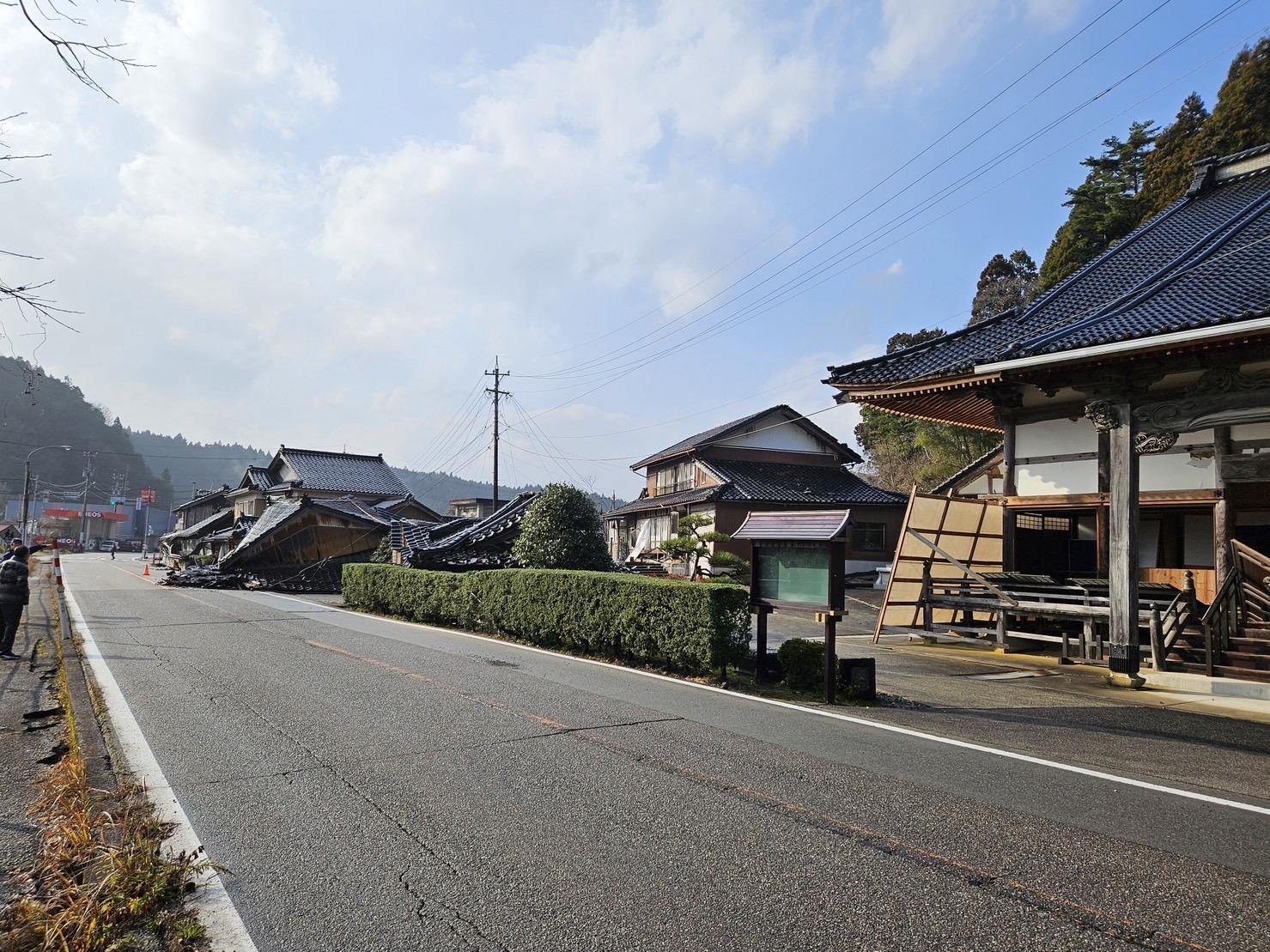





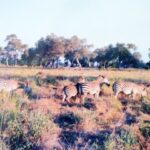
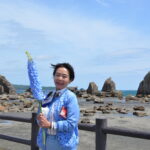


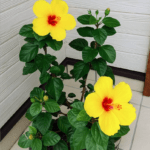




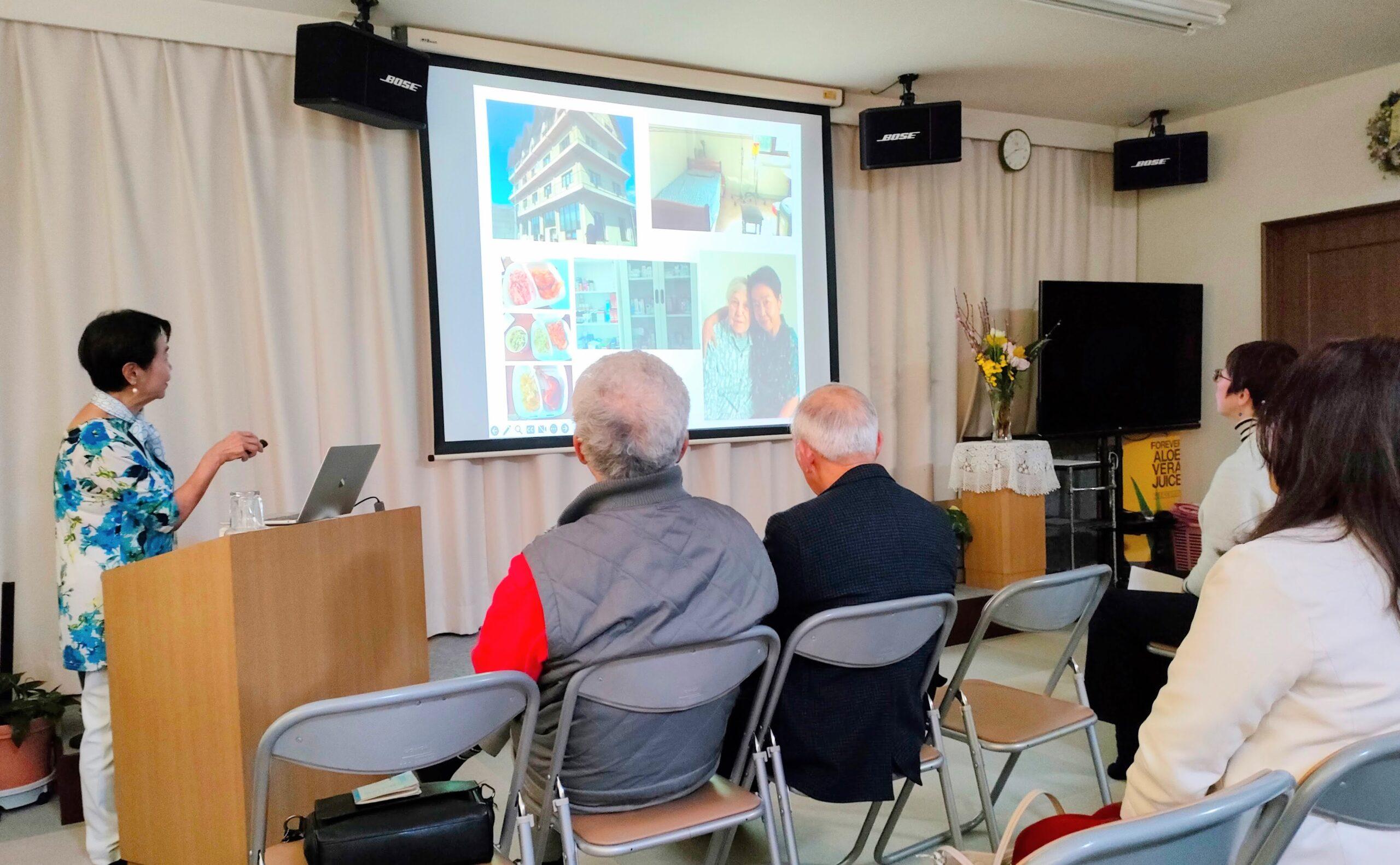
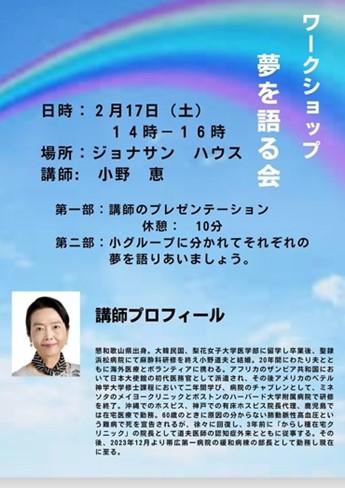
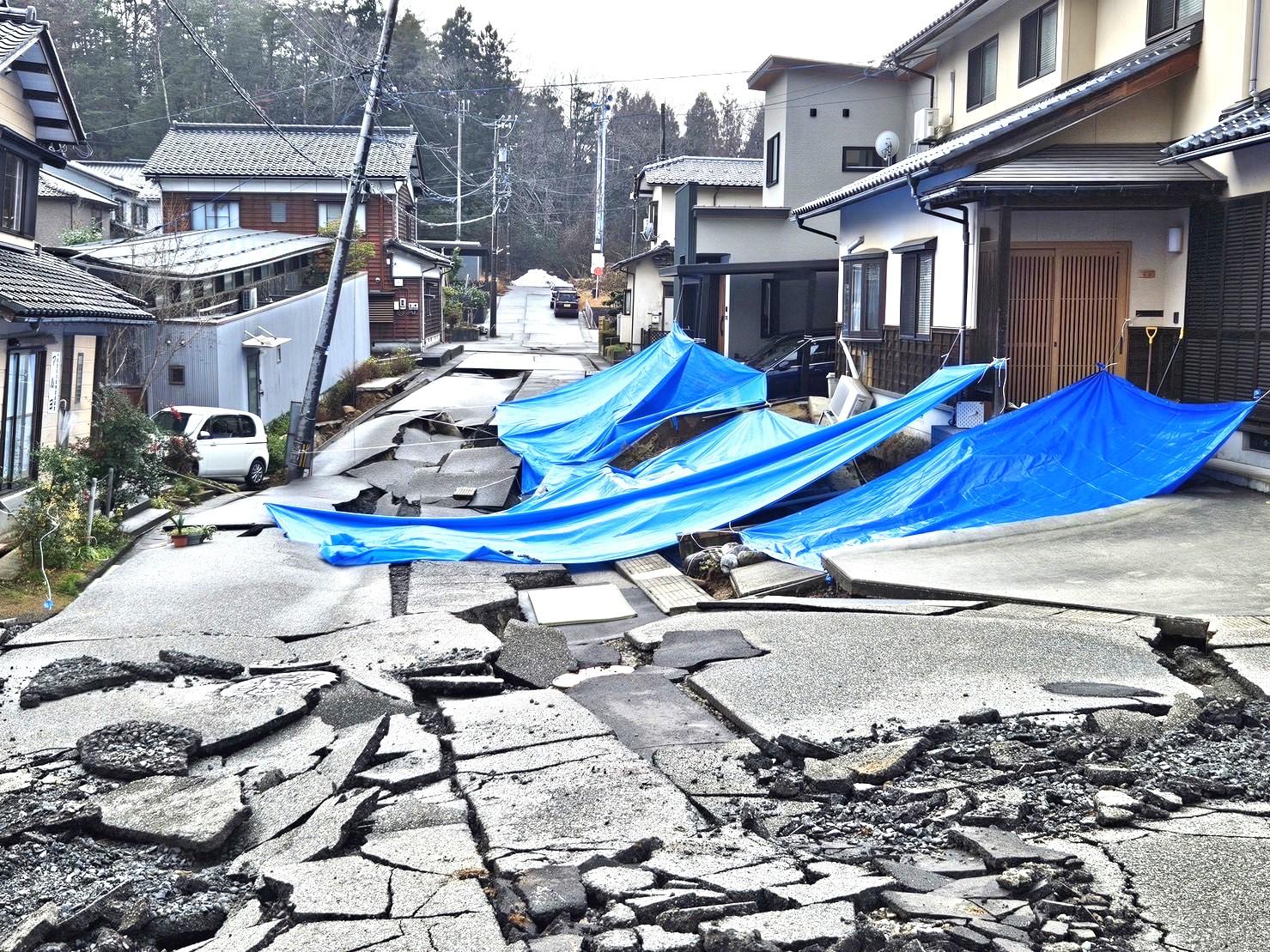
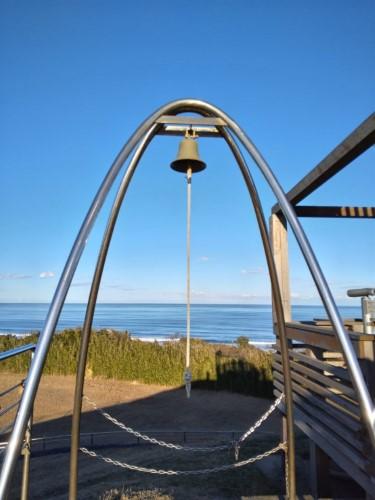
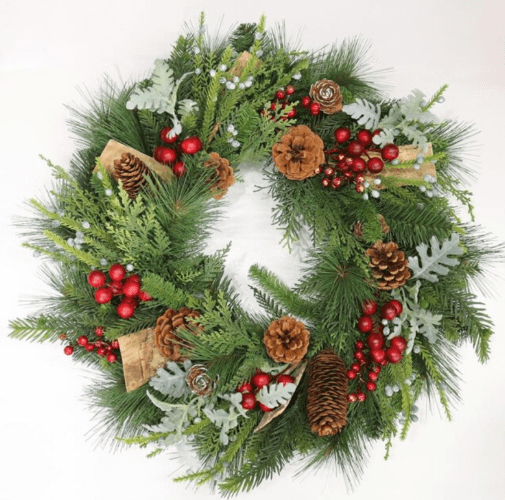
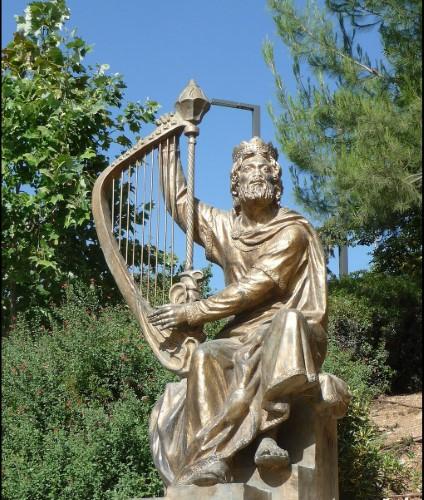
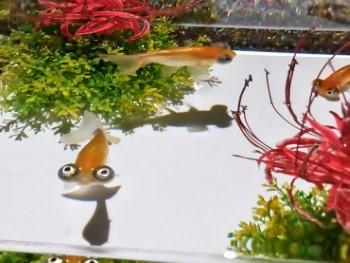

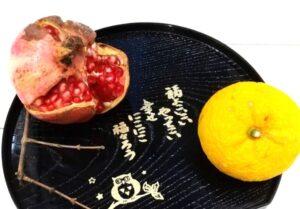

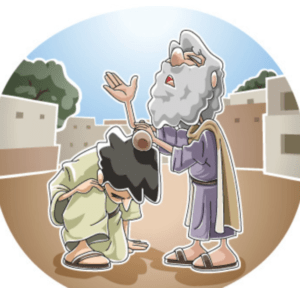
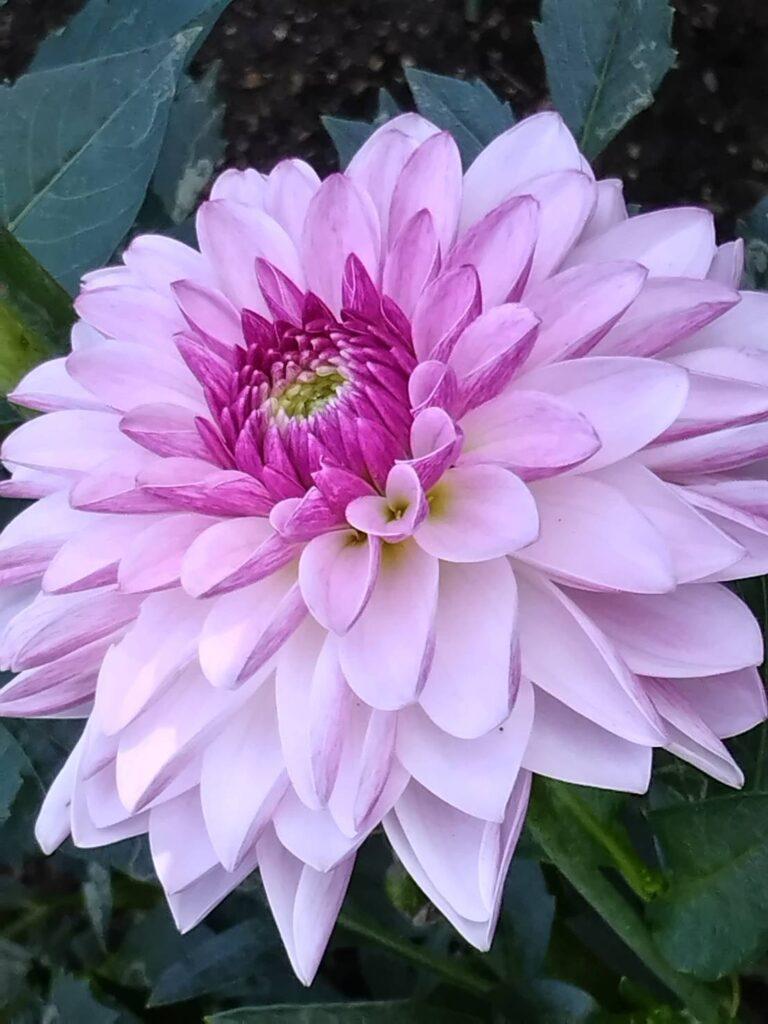
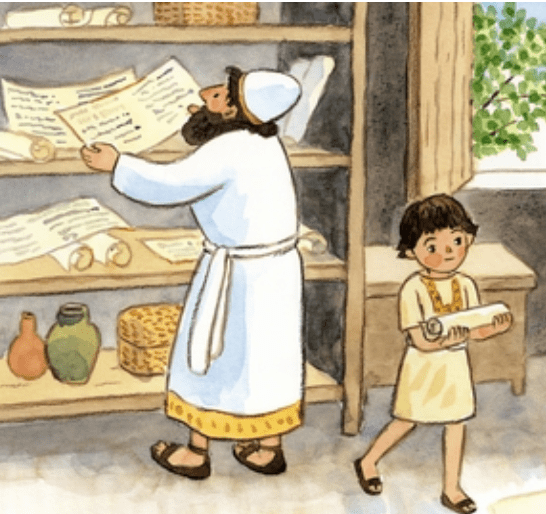

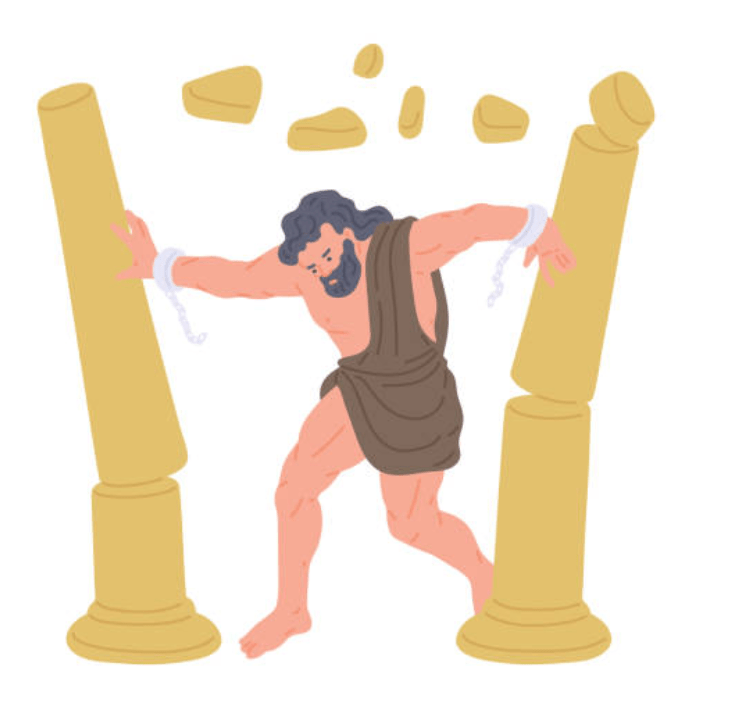
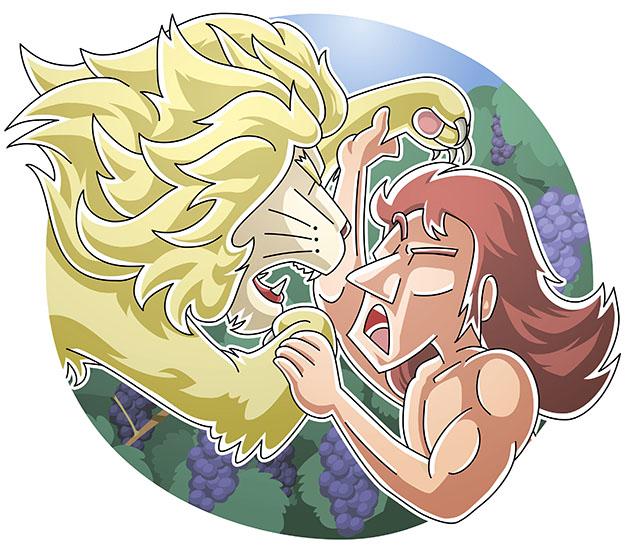
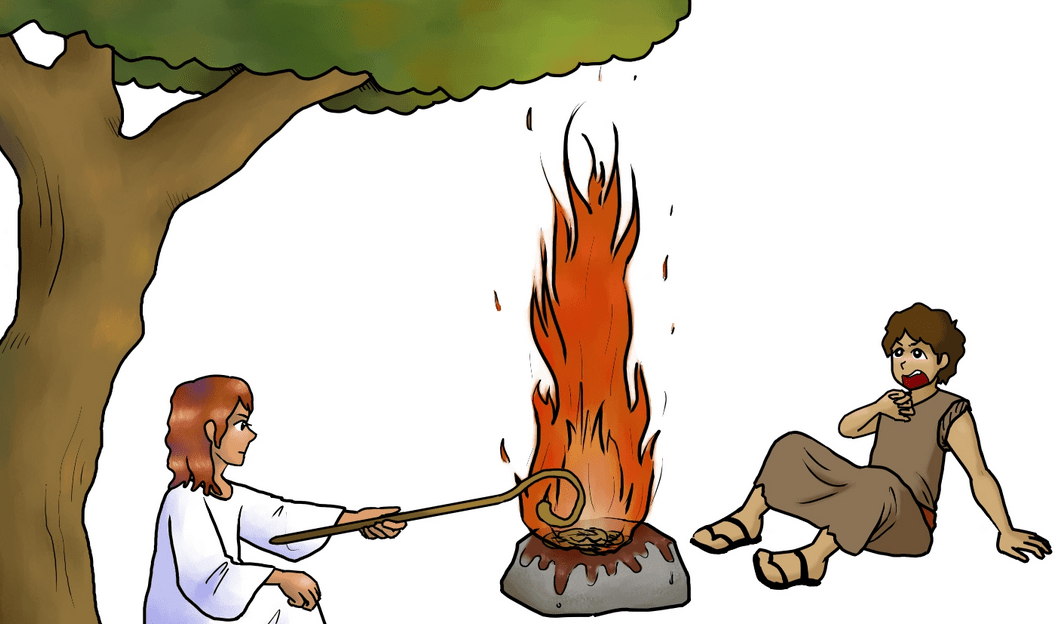
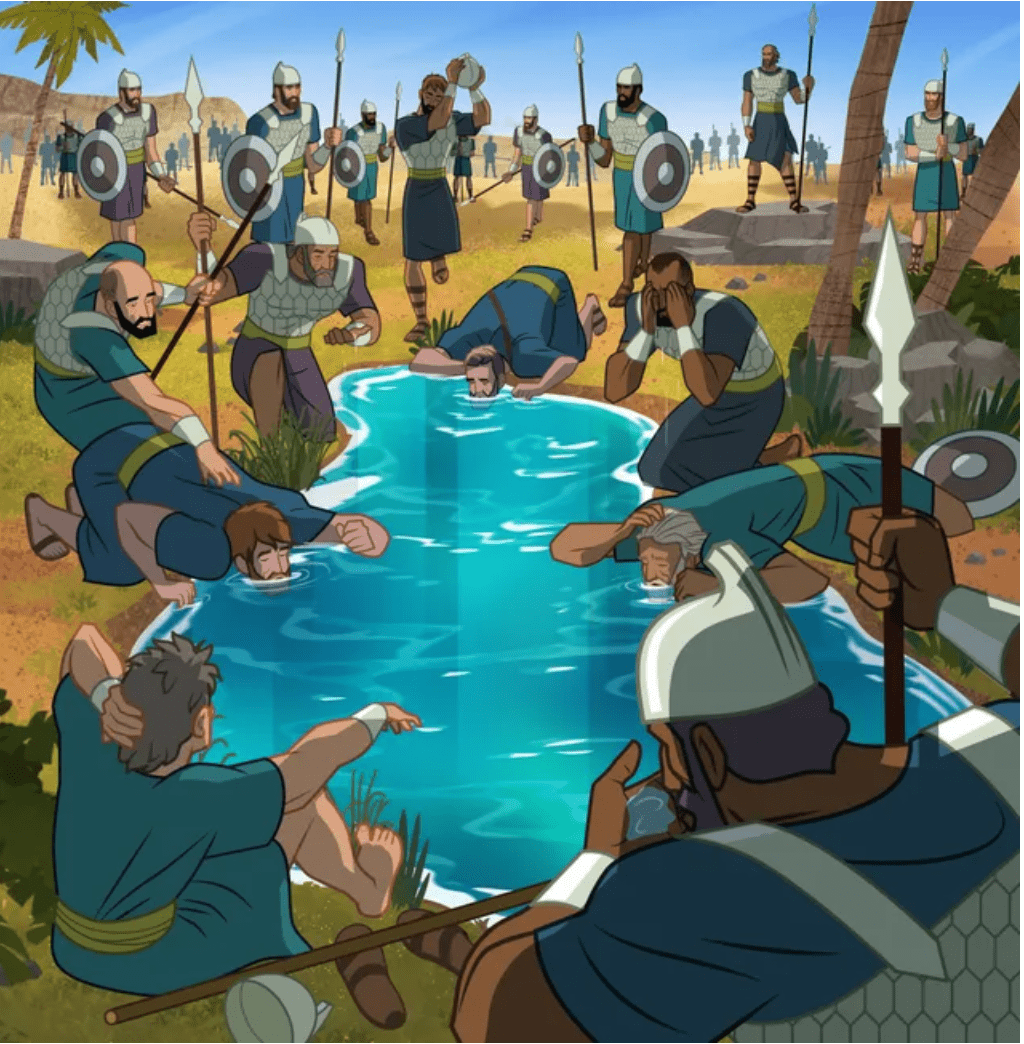
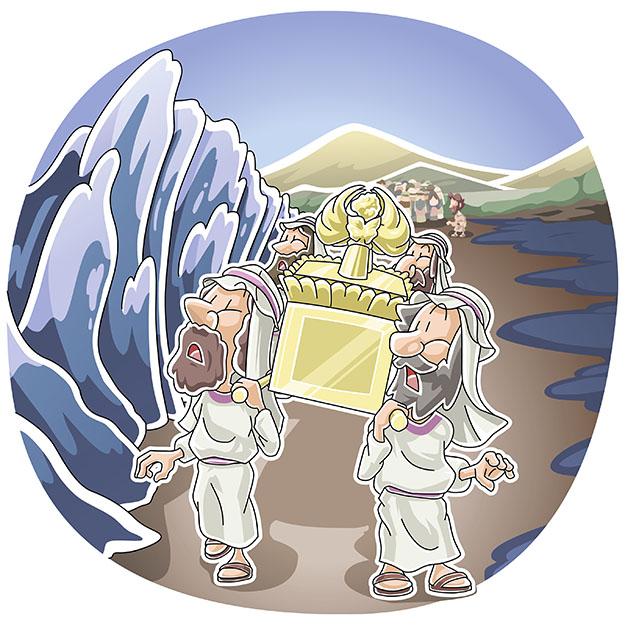
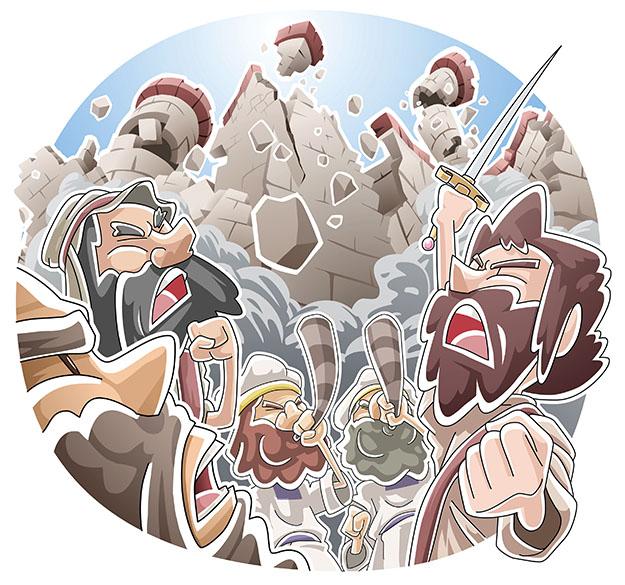
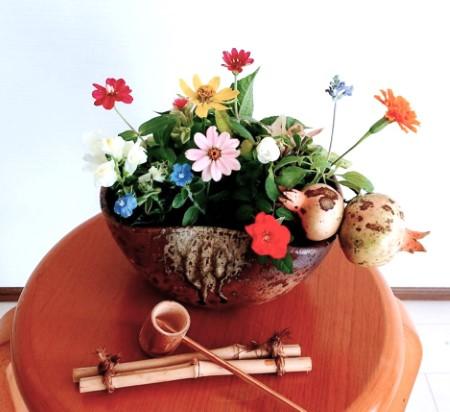
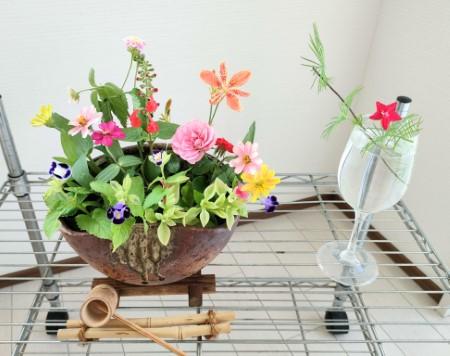
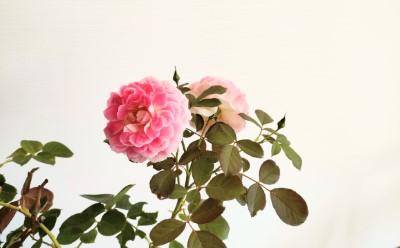

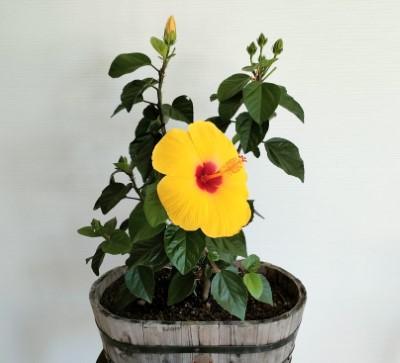
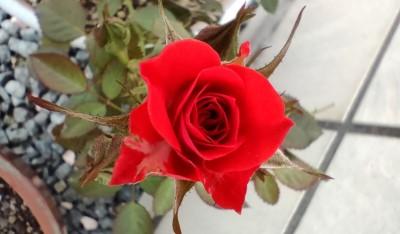


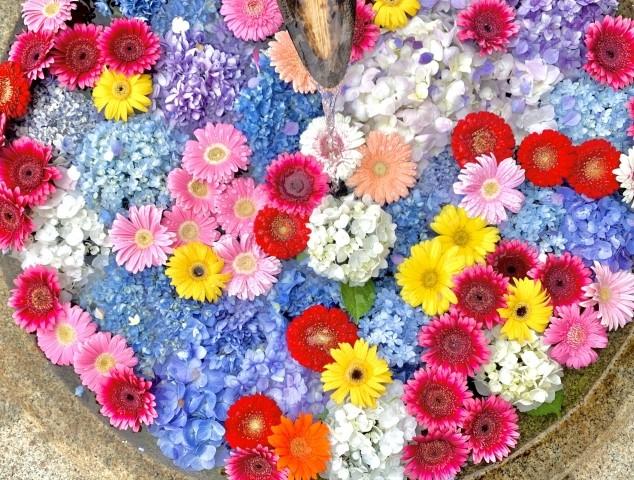
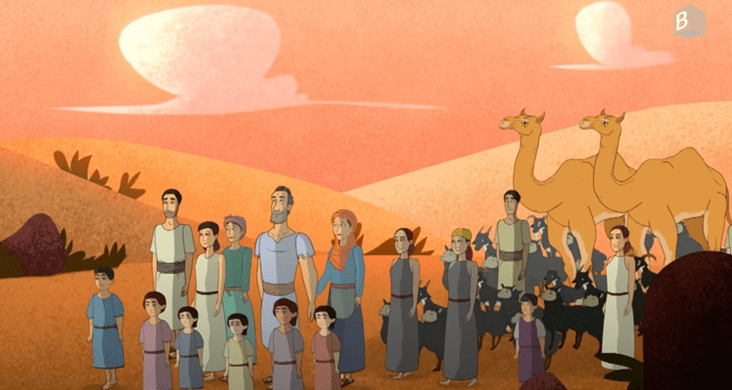
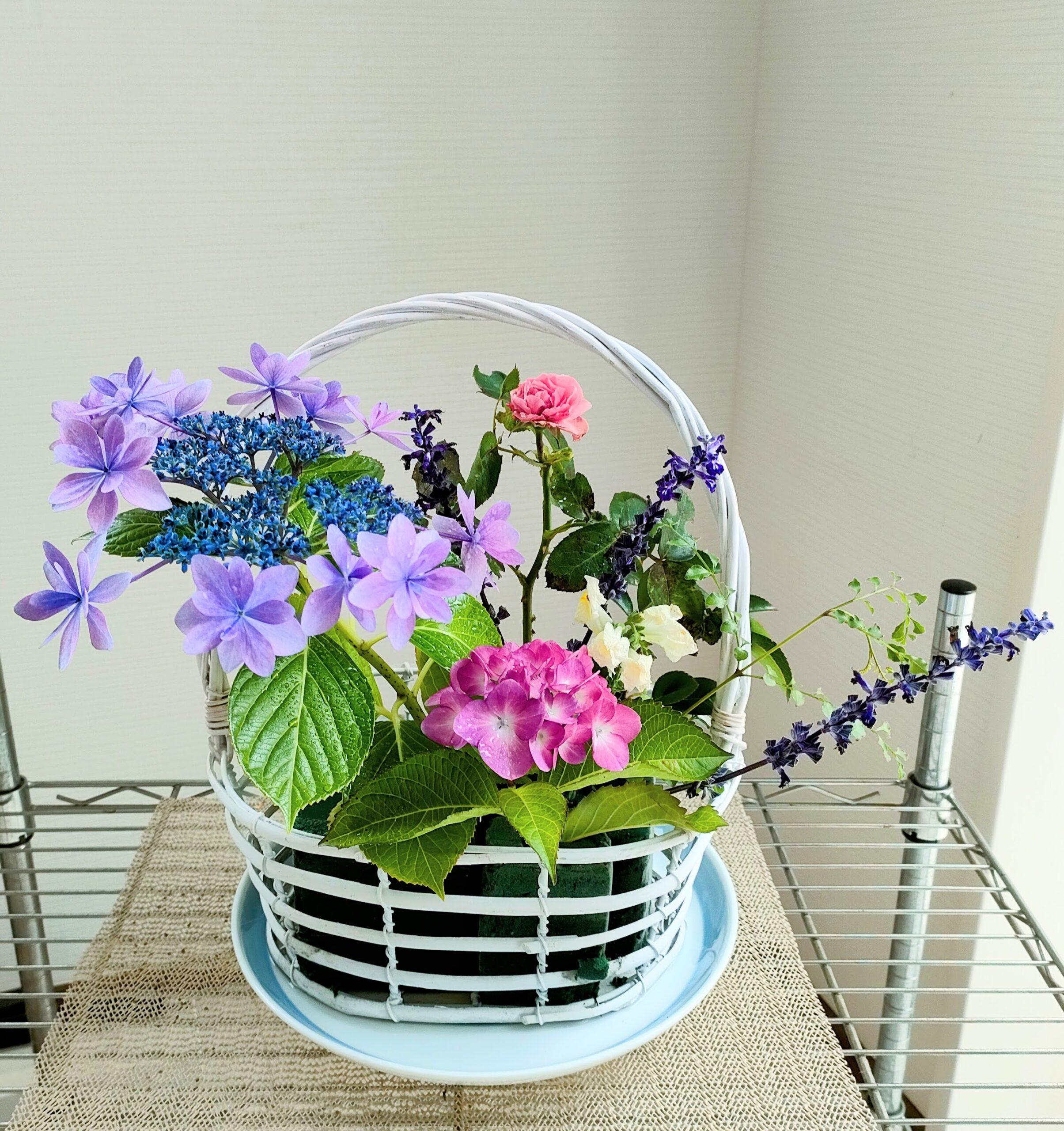




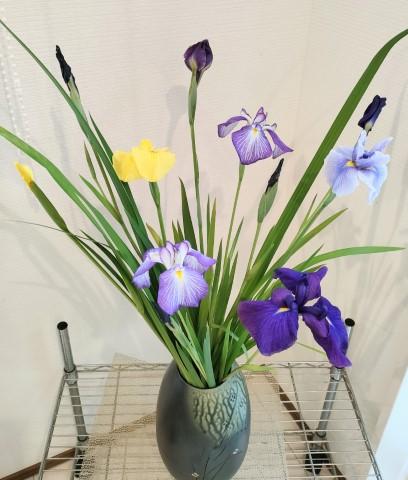
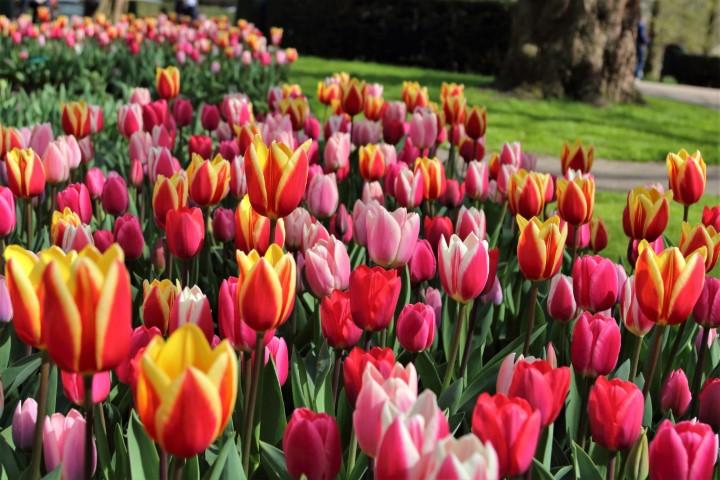

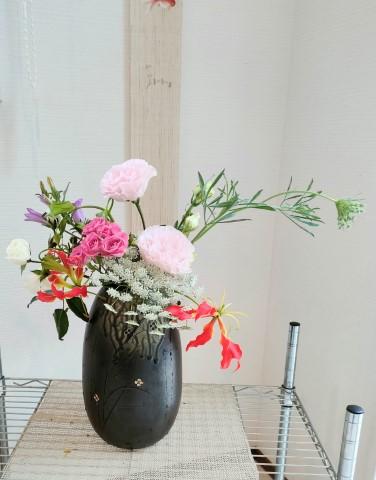

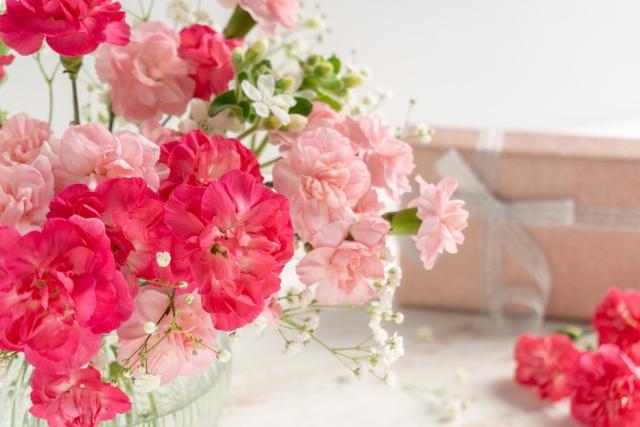
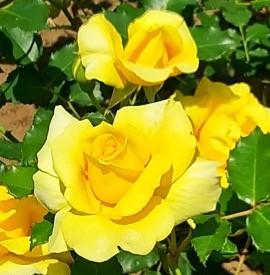


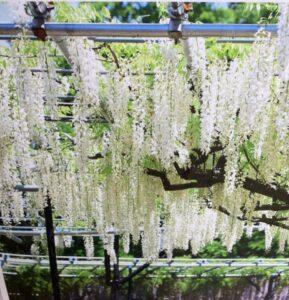
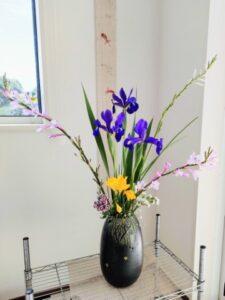

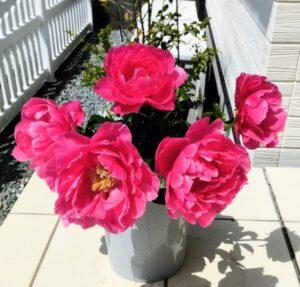
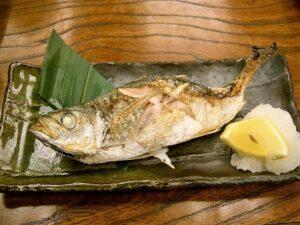

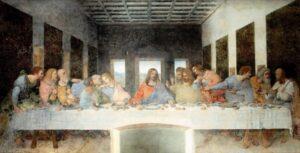

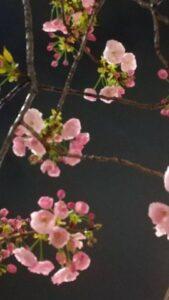

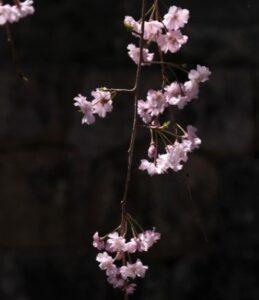
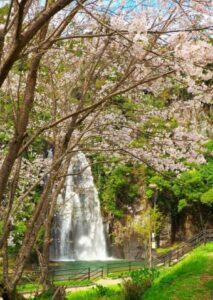
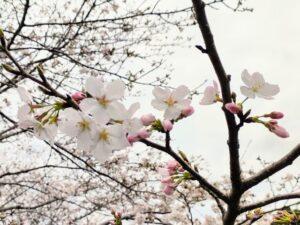

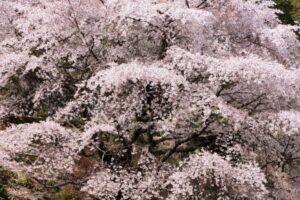
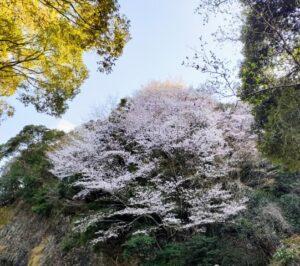



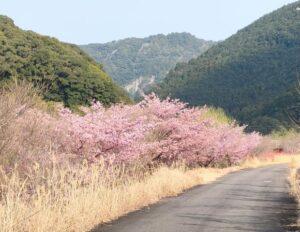



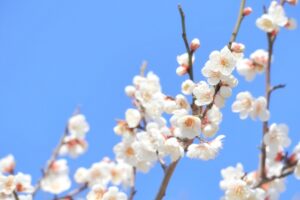
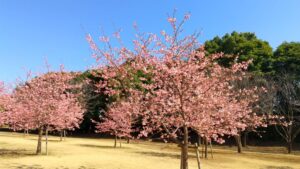

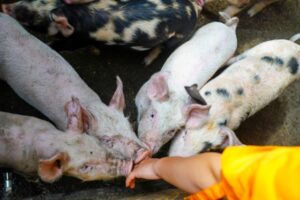
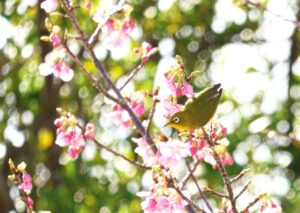



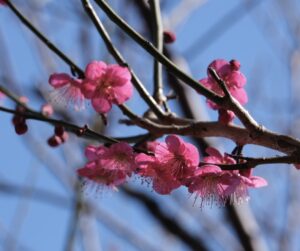
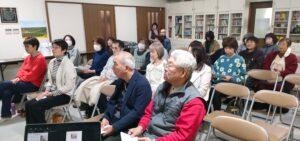
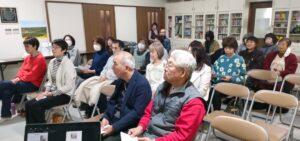


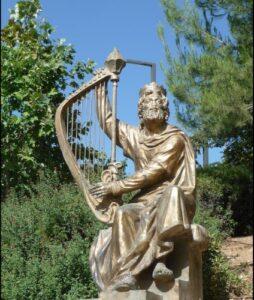

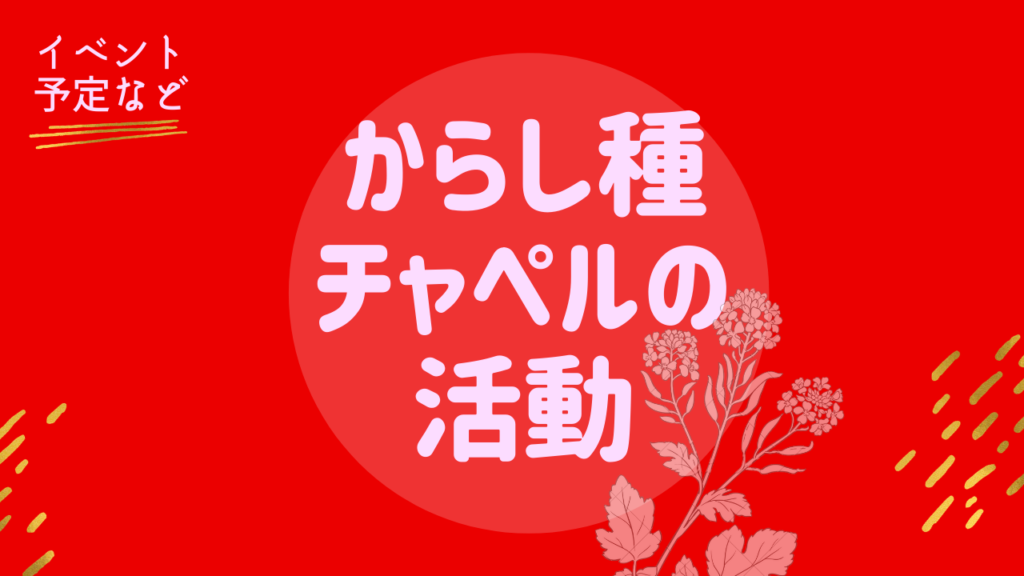 からし種チャペルの活動に関しては、ここからお入りください。皆様のご参加をお待ちしています。
からし種チャペルの活動に関しては、ここからお入りください。皆様のご参加をお待ちしています。